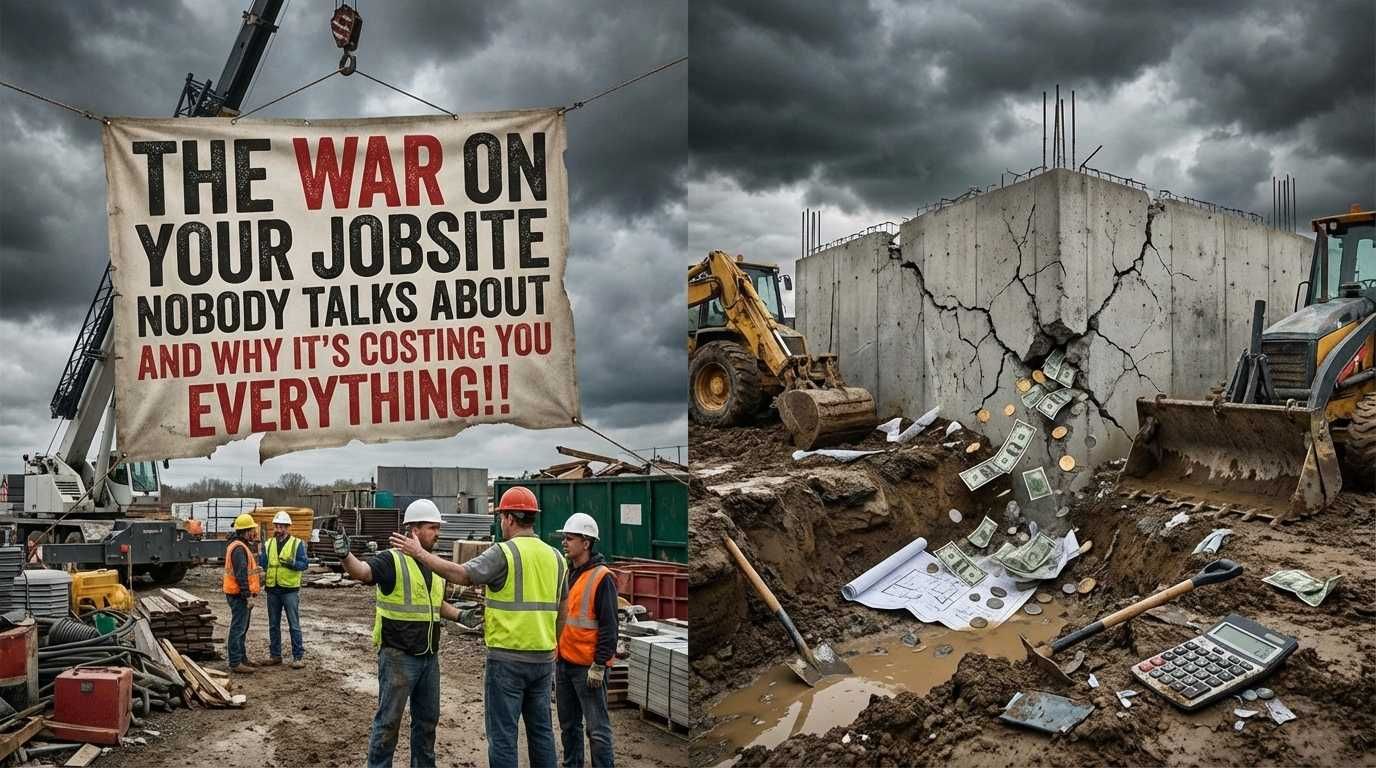How Consulting Works in Construction: What You Can Expect When You Hire an Expert
If you’ve ever tried to grow a construction company beyond where it is today, you know the challenges rarely come from a lack of work. It’s the weight of running a business that can leave owners feeling like they’re holding everything together with duct tape and grit.
That’s where expert consulting comes in. But how consulting works in the construction business isn’t always clear until you experience it.
It’s not about telling you what you’re doing wrong. It’s about helping you design a business that runs smarter, aligns your people, and frees you up to think like an owner instead of being buried in day-to-day firefighting.
From
pre-construction planning to leadership coaching and operational structure, good consultants bring perspective and strategy to help you scale without sacrificing quality or sanity.
A Consultant’s Role: Not Just Clipboard and Coffee
Let’s get something straight. Business consultants for contractors or construction consultants aren’t there just to “check in” or drop a few tips. They work alongside owners to reshape the business from the inside out.
Think of them as the bridge between where your company is now and where it needs to be.
Depending on your goals and challenges, a consultant might:
- Assess your current structure to identify gaps holding you back
- Work with you to define clear roles, responsibilities, and accountability across teams
- Coach your leadership to think strategically and make better decisions under pressure
- Build scalable systems and processes so growth doesn’t mean chaos
- Help you align your team culture with the demands of bigger, more complex work
It’s part advisor, part coach, and part change agent to help you build a company that doesn’t just survive—it thrives.

You’re Paying for Experience (And Space to Lead)
One of the most valuable things a seasoned consultant brings is an outside perspective. They’ve worked with businesses like yours. They’ve seen the patterns that derail growth and know how to break through them.
That’s how consulting works when done right, not reactive, but proactive. A good consultant spots blind spots before they become crises. They help you see the bigger picture, giving you the tools to lead instead of manage every detail.
Many owners don’t realize how much money, time, and energy they’re bleeding until they see how a few key changes can transform their company’s trajectory.
So, What Should You Expect When You Bring a Consultant Onboard?
Expect clarity. Expect a partner who challenges you in the right ways. And most of all, expect accountability.
A good consultant doesn’t just tell you what’s broken. They work with you to build solutions that stick.
You’ll likely experience structured sessions, clear roadmaps, and follow-ups that lead to actual progress, not more noise. The goal is a business that feels lighter, more organized, and capable of scaling without crushing the owner.
Why It All Pays Off in the End
Hiring a business consultant can feel like one more expense at first. But when you start seeing stronger leadership, clearer systems, and a company that runs with or without you, it clicks.
That’s the core of how consulting works. It’s not about fixing symptoms. It’s about transforming the engine of your business so you can grow confidently and profitably.
At
Pro-Accel, that’s exactly what we do.
With decades of experience in construction operations, leadership, and strategy, we help mid-market contractors eliminate bottlenecks, build powerful teams, and create companies that scale.
Ready to take the next step?
Let’s talk.




